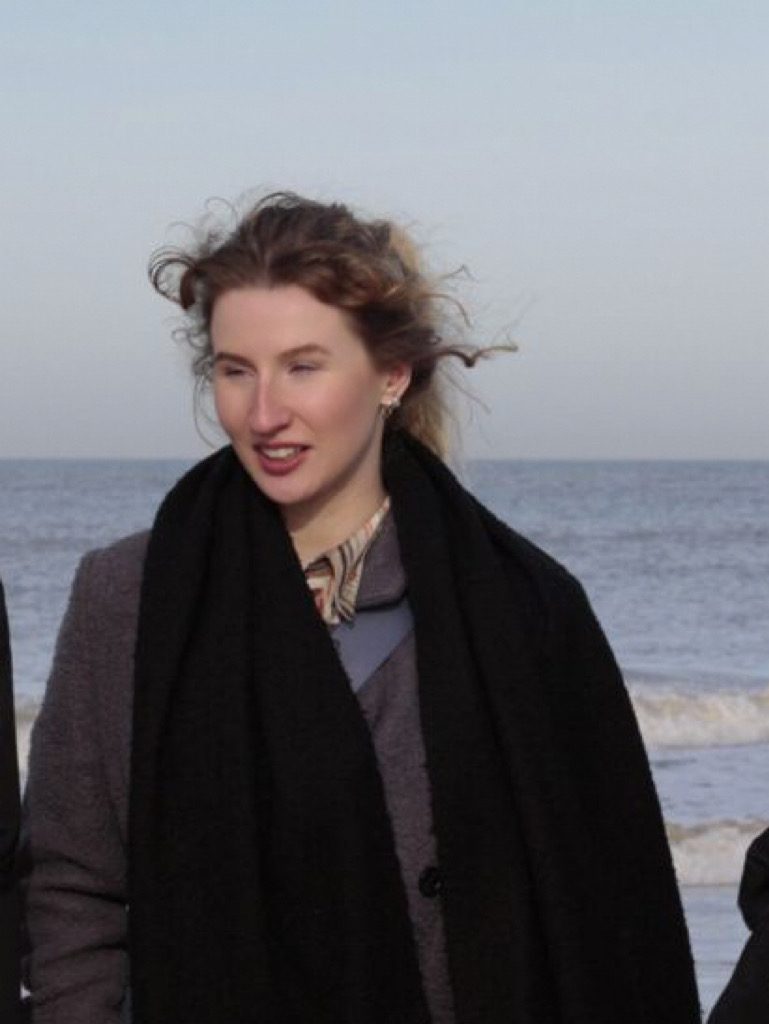Lab members
 Bernd Figner, PhD
Bernd Figner, PhD
Bernd Figner is an associate professor at the Behavioural Science Institute at Radboud University; he is also a senior scientist at the Donders Centre for Cognitive Neuroimaging. Before joining Radboud, Bernd completed his PhD at the University of Zurich in Switzerland and then worked for five years at the Center for the Decision Sciences at Columbia University in the USA, followed by two years at the Psychology Department at the University of Amsterdam. Bernd’s main research interest is to understand the psychological and neural mechanisms underlying individual and group differences in risky and intertemporal decisions. In particular, his research investigates risk-taking and impulsive shortsighted decisions in developing populations with a focus on adolescents, in healthy adults, and in clinical populations. In his research he often combines different methodological approaches such as behavioral decision-making tasks, computational modeling, process-tracing, and neuroscience tools such as fMRI or brain stimulation.
Jesse Fenneman
Postdoctoral researcher
My name is Jesse Fenneman. In a nutshell, I study how environmental harshness and unpredictability shape levels of impulsivity. Building on Life History Theory, I contend that impulsivity should be understood as behaviour that maximizes fitness (i.e., survivability and reproductive success) in harsh and/or unpredictable environments. In my work I distinguish between two definitions of impulsivity: information preference (i.e., thinking before acting) and delay of gratification (rather having small things now, than bigger things later). To test my hypotheses I create mathematical models to find what level of impulsivity maximizes fitness in different environments. I subsequently test the predictions these models make on an empirical samples.

Zhang Chen

Floor Burghoorn
PhD student
Hi, I am Floor, and I am a PhD student in this lab. I obtained a BSc in Psychology and an MSc in Behavioural Science at Radboud University Nijmegen. My PhD project focuses on people’s tendency to prefer small immediate rewards over large delayed rewards, which has been found to form a transdiagnostic process across various maladaptive behaviours and mental health disorders. I aim to gain a better understanding of the psychological mechanisms that underlie this choice tendency, by investigating whether impatient intertemporal choice may be driven by a Pavlovian bias (elicited by cues signalling immediate rewards) interfering with goal-directed behaviour towards delayed rewards.
 Mingqian Guo
Mingqian Guo
PhD student
Hi, I am Mingqian Guo, and I am a graduate student in this lab. I obtained my Master’s degree at South China Normal University in 2020. During my Master’s degree program, I used a proportion congruent effect paradigm to study contingency learning in the Simon task. In my current project, I mainly focus on using simple cognitive models such as drift diffusion models to investigate ambiguity aversion in intertemporal choice.
Fritz Wienicke 
PhD student
I am Fritz and I work as a Ph.D. student at the Behavioural Science Institute since September 2021. In my research, I investigate the efficacy of short-term psychodynamic psychotherapy (STPP) for depression with individual participant data meta-analyses. With this research, I aim to shed new light on the long-running debate around the evidence base of STPP among scientists, policymakers, and clinical practitioners. Next to the efficacy of STPP for depression I also research patient characteristics as treatment effect modifiers (so-called ‘moderators’) and predictors of depression relapse after the end of therapy. I hope that this research will contribute to future treatment selection models and enable us to prevent depression relapse and thereby lower the burden of the disorder.
 Meylisa Sari
Meylisa Sari
PhD student
Hi! I’m Meylisa, a PhD student in this lab. I have a bachelor’s degree in Psychology from Universitas Tarumanagara Indonesia and an MSc in Business Analytics and Decision Sciences from the University of Leeds, UK. For my PhD project, I will explore the role of cultural differences in time perception in intertemporal decision-making, specifically in the context of retirement saving decisions.
Jiahao Zhu
Davide Faipò
Master student Behavioral Science
Hi, I’m Davide and I’m a Research Master’s student in this lab. I obtained a bachelor’s degree in Sociology from the University of Trento. For my research project, I’m investigating uncertainty reduction in the sampling process of decision-from-experience tasks. My research interests are mainly decision making, information processing, political communication, inequality and behavioural public policy.

Eva Janssen
Master student Behavioral Science
Hi! I’m Eva, a Research Master’s student in this lab. I have a background in psychology, which I also studied at Radboud University. For my research project, I focus on how missed-opportunity wins—situations where players win but miss out on a bigger reward—affect gambling decisions. To investigate this, I work with large-scale data.
Alumni
PhD students
Felix Klaassen
Julian Quandt
Johannes Algermissen
Iris Ikink
Nicole Walasek
Isabel Woyke
Research associates
Vivian Heuvelmans
Kaycee Stewart
Master students
Ben Kretzler
Meghana Vadakkedath Dharmapalan
Virag Fodor
Ömer Ergün
David Esmeijer
David Renjaän
Harshil Vyas
Marco Schauer
Leslie Held
Afreen Khalid
Vaibhav Arya. To our deep sadness, Vab passed away in 2020. Vab was a strongly motivated and inspiring member of our lab, who never hesitated to offer his help to anyone. We will sorely miss him.
Lena Schäfer
Liis Burket
Leon Mait
Farnaz Mosannenzadeh
Joppe Klein Breteler
Edwin Schenkel
Niels Kukken


